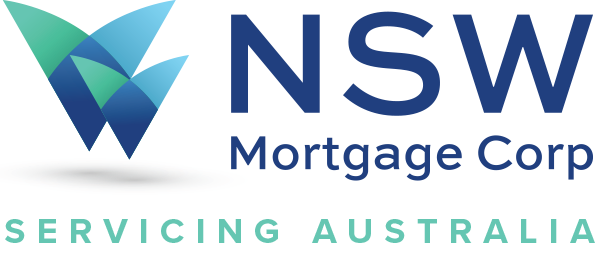Your home is probably the biggest purchase you have to make in your lifetime. It would be impractical to do it if you don’t have a repayment strategy in mind. By using home loans to buy a house, you are preparing yourself for years of making cumulative payments on the mortgage that has the potential of increasing twofold due to its interest.
Here are tips to determine the mortgage debt you can afford to repay:
Consider the total cost of the loan
When applying for a second mortgage, do not simply focus on the exact of loan you can get, but on the total cost of the home loan—inclusive of the interests, fees and other charges over its lifetime.
Let’s say, you obtained a fixed-rate secondary mortgage worth $500,000, with an annual interest rate of five per cent, payable within thirty years. Considering the interest alone, you would have to pay $2,684.11, per month or a total of $966,278.92 within thirty years. That means you will pay $466,278.92 in interest over the loan period.
One of the reasons why you need to determine the exact amount that you can afford to pay each month is to know if you can make extra payments along the way.
In the given example above, if you make an extra payment of $100 a month, starting from the first month, you will be mortgage-free 2 years and 4 months faster. You will also pay total interest of $423,679.38, instead of $466,278.92. This is just a rough estimate and it excludes all other fees you may acquire in the process. Values may also change depending on the type of mortgage you choose. If you opt for variable-rate or a fixed-rate mortgage, make sure that your lender informs you of the loan features that may increase or decrease the overall cost of the loan.
Check the amount you are qualified to borrow
Suppose a lender tells you that you are qualified to borrow $500,000; the former is basically telling you that this is the maximum amount you can borrow without increasing your risk of default. The lender comes up with the maximum amount of loan you are eligible to take, based on the results of the assessment of your financial situation. But, it doesn’t necessarily imply that you can afford to carry a $500,000 mortgage debt. That’s why it is still important to consider your short-term and long-term financial goals when assessing your borrowing power.
For example, Bob, single with no dependents, has a net salary of $100,000 a year and spends $1000 for his living expenses. He has a current home loan balance amounting to $200,000 at 5.88% loan interest per annum, with a remaining loan term of ten years. Based on the above information, Bob is eligible to borrow up to $515, 000 loans, with a monthly repayment of $3,048. The calculation does not include the 20% down payment which could amount to $129,000. The basis of the calculation of Bob’s borrowing power is his income and monthly expenses. Therefore, the results would vary based on how much you earn and spend each month.
Assess your overall personal financial situation
Do you have an emergency fund? What about a retirement fund?
Before you take on debts it is crucial to assess your financial position. Create a checklist of your personal resources, your net worth and your household cash flow. You can only come up with a realistic ballpark of your borrowing power after computing your expected sources of annual income minus all the expenses you expect to cover within the same year. In addition, it is advisable to ensure that you have ample protection against unforeseen risks like health and long-term care, liability insurance and other types of personal insurance.
As the tax season nears, it is important to consider your tax planning strategy. If you apply for home loans, would you still have enough money to manage taxes? While you can apply for government incentives like tax deductions and credits, to reduce the tax burden, you cannot avoid paying taxes altogether. As your income increases, your taxes shall increase as well, unless you qualify for exceptions.
Investment and accumulation goals: planning how to accumulate enough money for large purchases and life events is what most people consider to be financial planning. Major reasons to accumulate assets include, purchasing a house or car, starting a business, paying for education expenses, and saving for retirement.
On top of it all, you may want to look into your cash management strategy. How do you intend to pay off your home loans and other debts, while covering all your expenses on a daily basis? Determine how much money you need to pay for your monthly obligations and track your expenses to avoid defaults.




